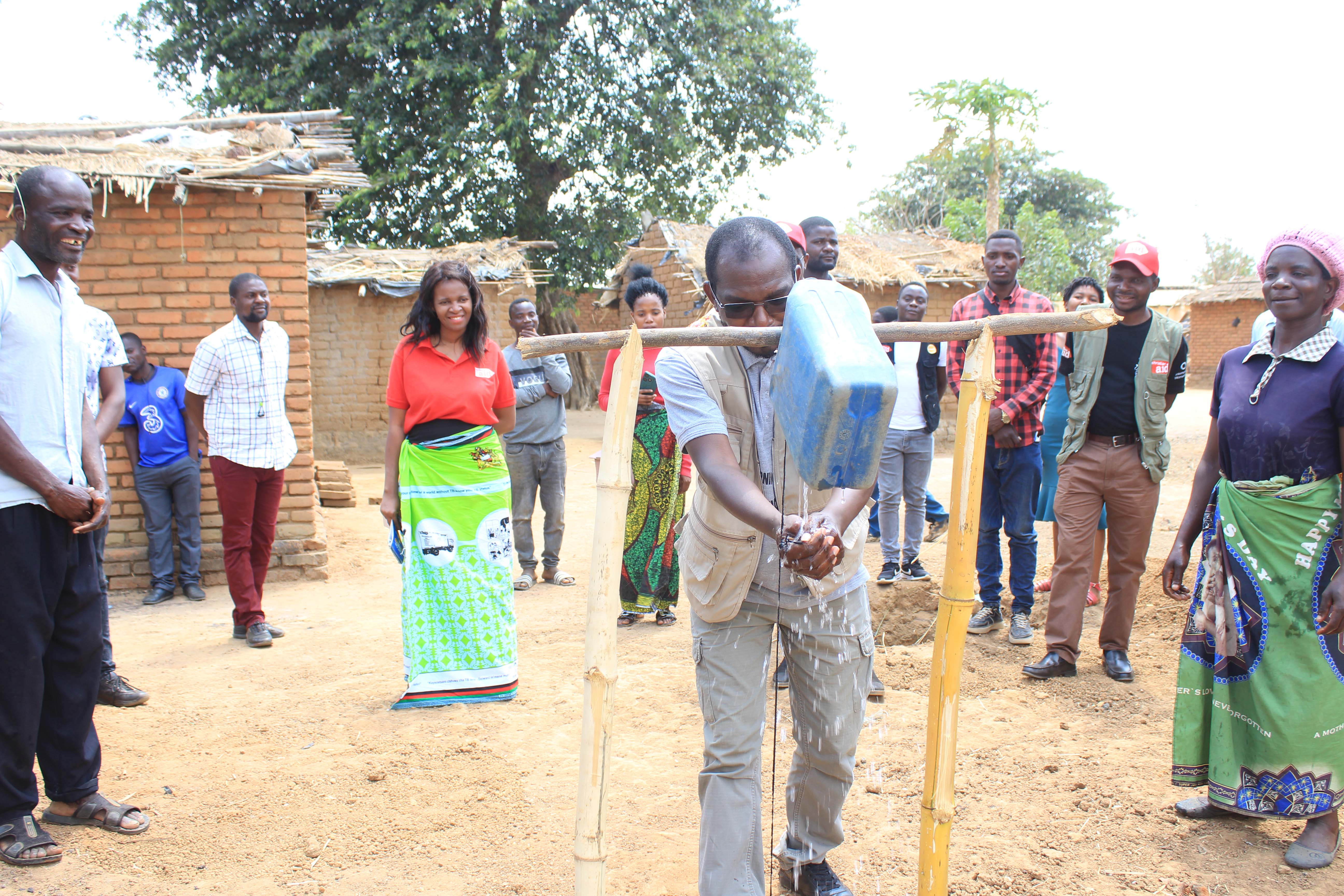Agriculture, Climate change adaptation.
About CARD Malawi

The projects implemented with
financial support from these donors were aimed at achieving
community resilience against the impacts of climate change.
Currently, CARD is implementing a project entitled “Community led disaster preparedness
and
management through scaling and institutionalising local led approaches” and the
objective of
the project is to increase resilience to reduce the loss of lives, livelihoods and
assets as
a result of unforesee
n disasters, to improve the quality of life.
This project is supported by BMZ and DKH; and the Norwegian Church Aid and Dan Church
Aid.
Project experience CARD implements programmes in the three thematic areas;
-
-
Mitigation and resilience.
-
Environmental management.
-
Disaster risk management.
-
Humanitarian response.
Currently, the organization is
working in 11 districts in
Malawi namely; Nsanje, Chikwawa, Mulanje, Machinga, Balaka, Phalombe, Zomba, Mchinji,
Dowa and Lilongwe across the three thematic areas.
Some donors include: The Scottish Government, Bread for the World, European Union in
partnership with Practical Action and also in partnership with Trocaire, Department for
International Development (DFID) which is now called Foreign, Commonwealth & Development
Office (FCDO) in partnership with Christian Aid, USAID in partnership with Catholic
Relief Services and United Nations Commissioner for Refugees (UNHCR).
Our Values
CARD will ensure communities and other stakeholders’ involvement in decision making, planning and implementation of activities. This will be done by developing interventions, institute processes, and systems that will enhance stakeholders’ involvement.
Participation
Recognizing that the organization is working in a fast-changing environment, CARD will be proactive in following trends and learning in order to adjust and respond to changes responding to emerging issues with a focus to achieving its mandate and sustainable institutional development.
Dynamism
CARD will be open, responsible/answerable to the communities and other relevant stakeholders, in the way it operates as an organisation, how it implements its work and uses resources entrusted to it.
Accountability and Transparency
CARD will develop and institutionalize learning systems, processes and activities in order to use the lessons and experiences both internally and in the implementation of its projects and the environment to innovate, acquire new knowledge, ideas and skills in order to sustainably improve its work and develop as an organisation
Learning
With conviction and hope to fight the causes of human suffering and injustice CARD will provide a caring response to alleviate people’s distress and challenging the status quo.
Compassion
CARD will offer assistance to all people regardless of gender, disability, religion, political affiliations, race, and creed.
Non-discriminatory
Today is the day to reach out and lend a helping hand
Approaches – CARD uses different approaches in the implementation of projects; CARD uses the existing structures set by government in the implementation of activities, for example CARD uses the civil protection committees (CPCs) on disaster preparedness, early action and emergency response activities and these committees will report to the development committees also set by Government (Area Development Committee, Village Development Committee).
On agriculture activities CARD uses lead farmers and on livestock production, CARD uses the Community Animal Health. In order to reach to these structures CARD works in collaboration with relevant Government stakeholders.

CARD has long experience in disaster risk reduction, early warning systems, early action protocols and also building communities resilience against climate change. CARD has experience also in conducting participatory vulnerability capacity assessments in order to address the real needs of the target beneficiaries.
